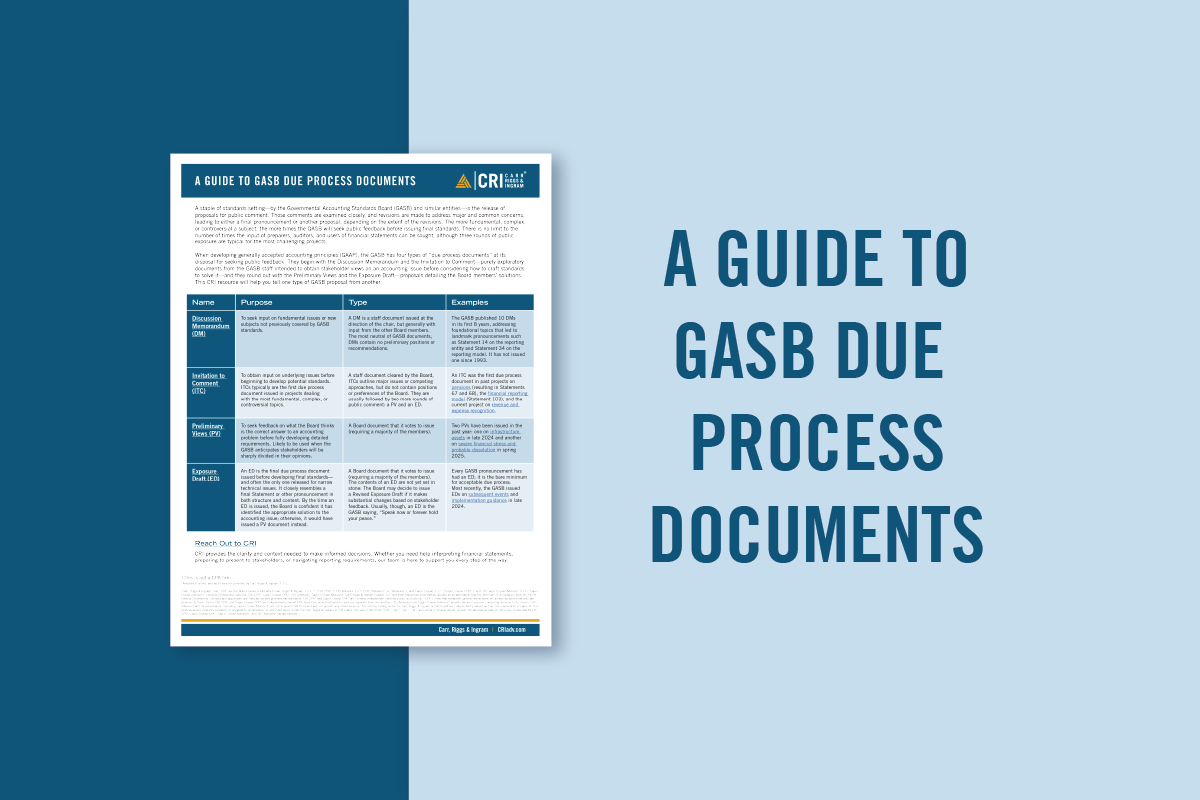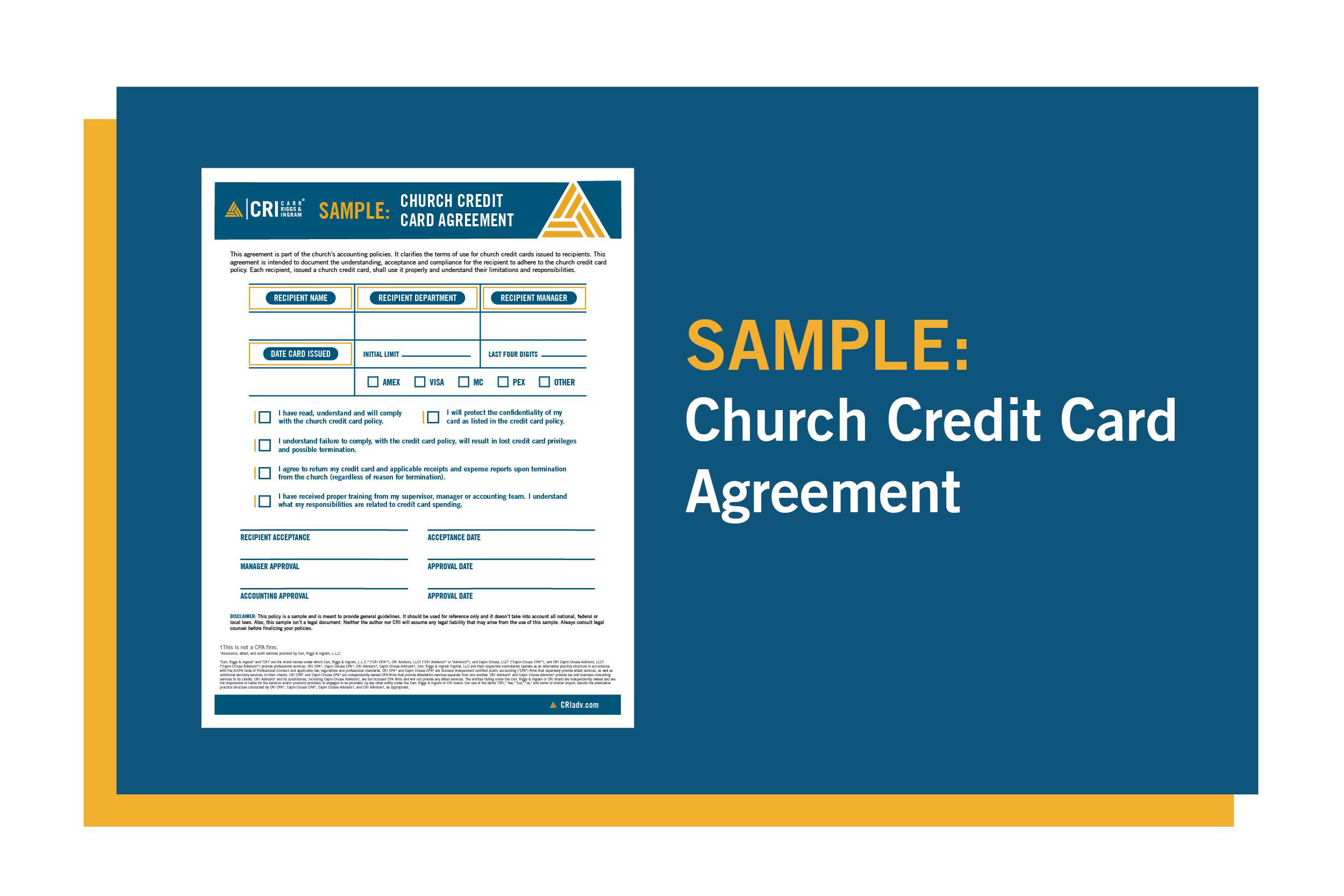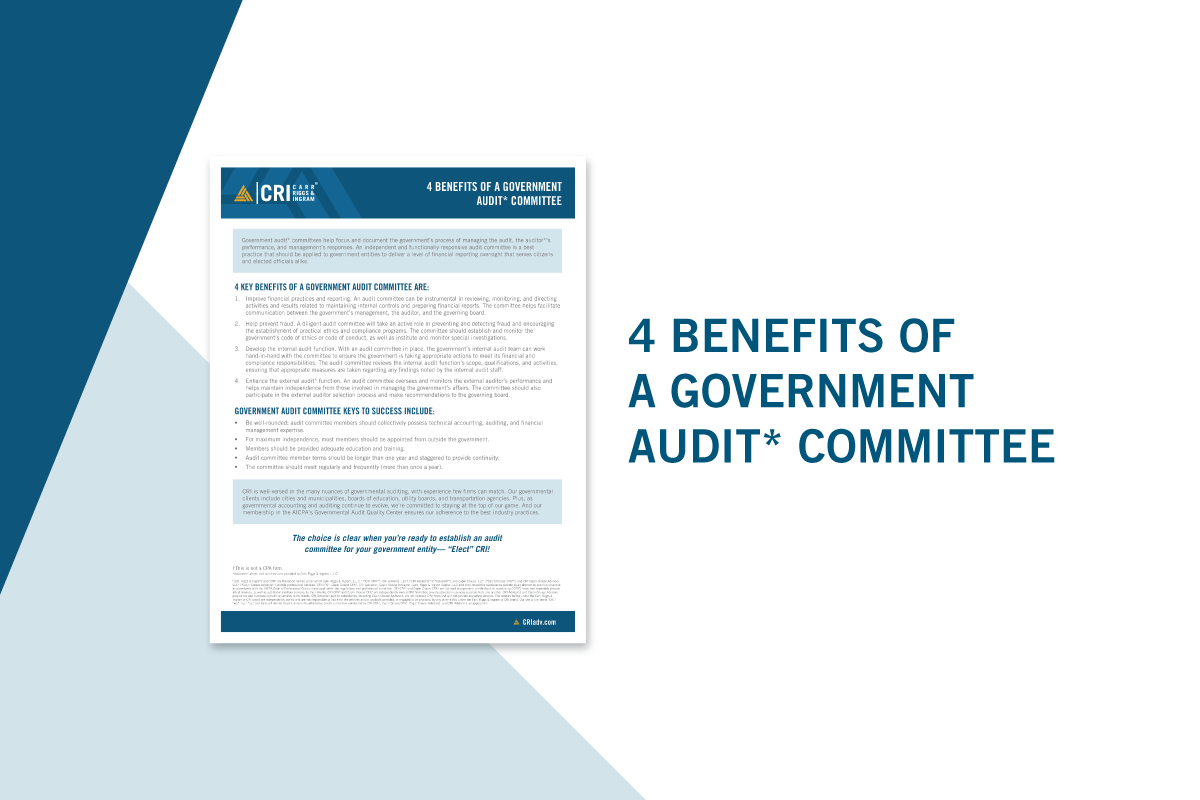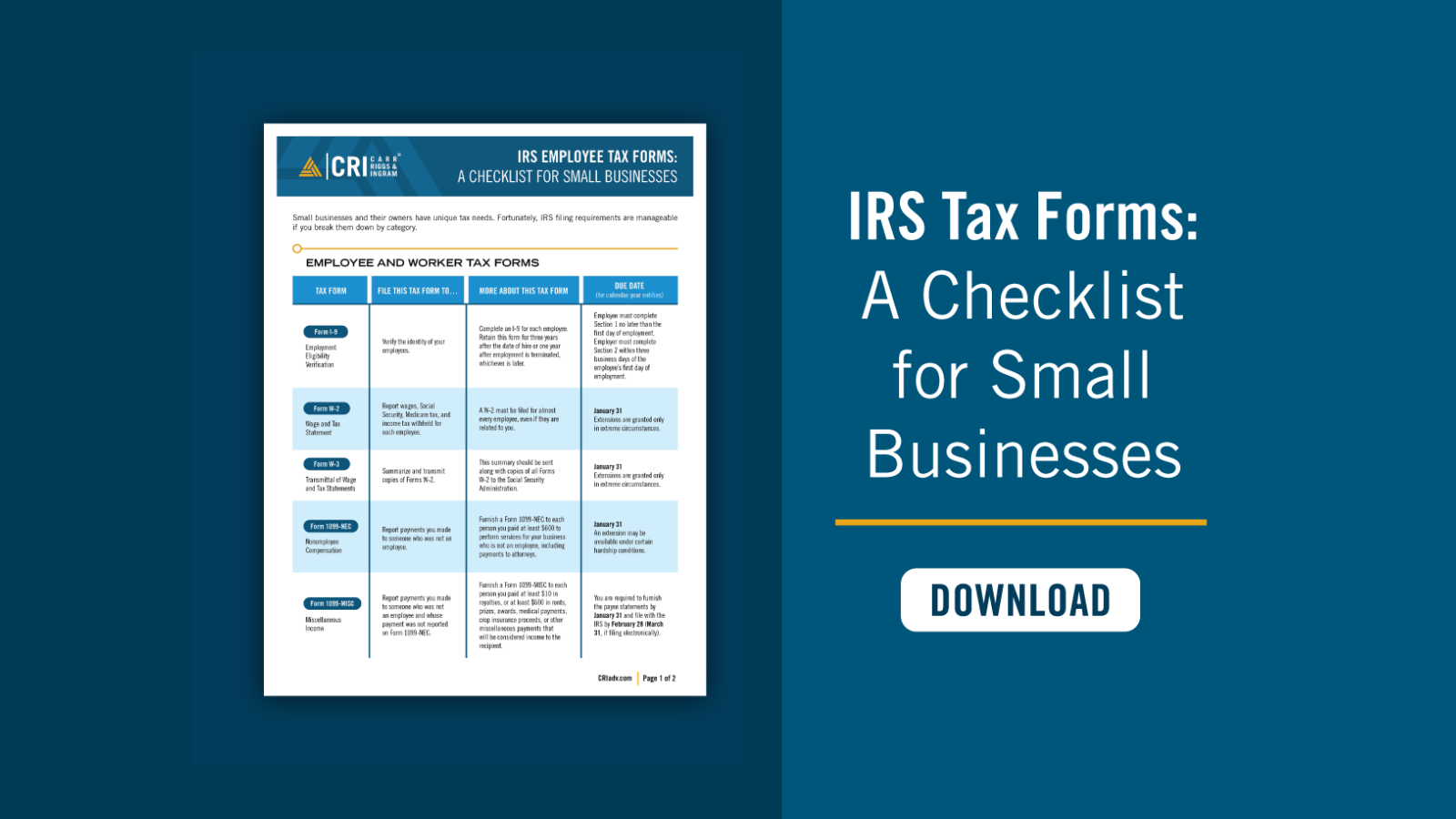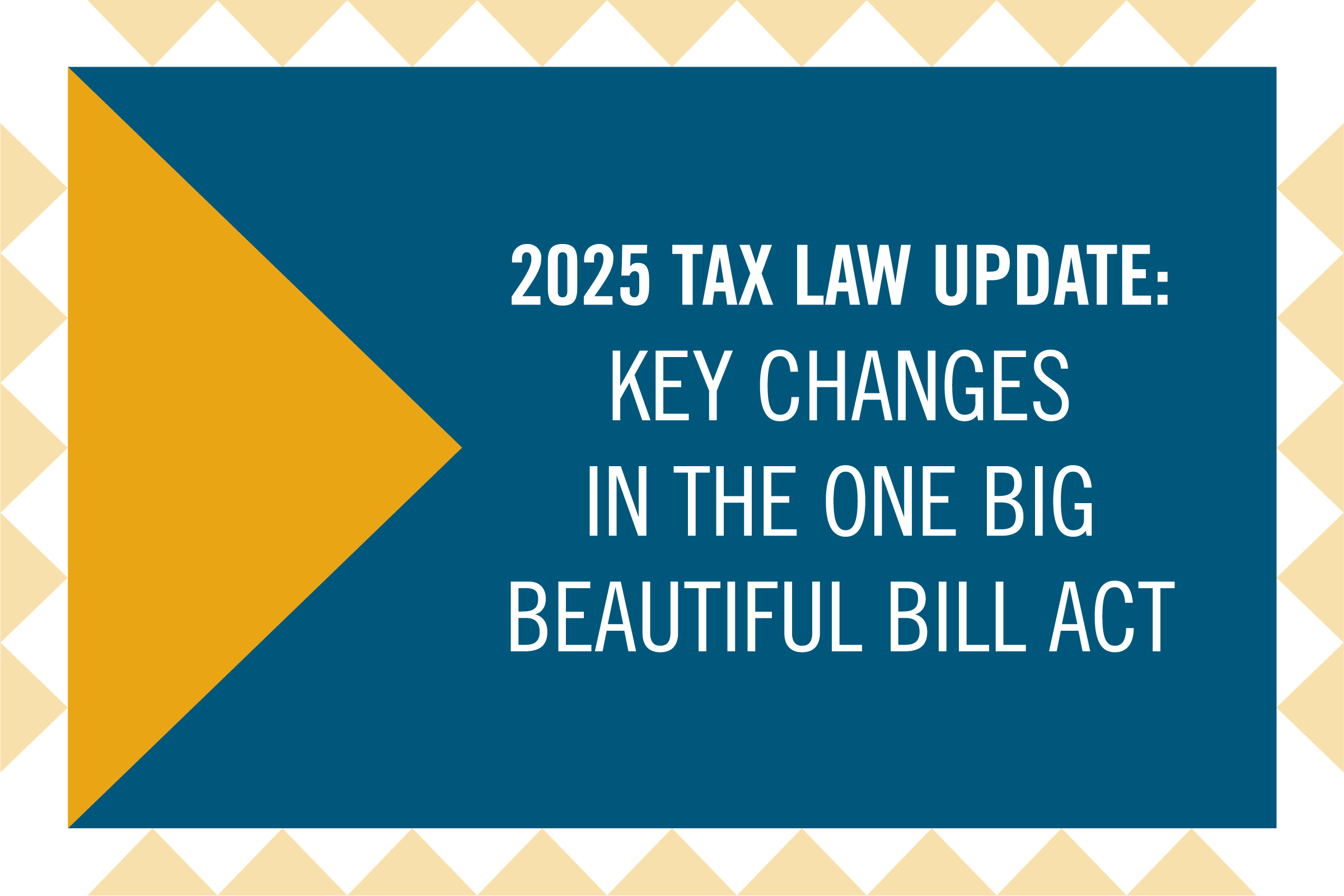Transfer Pricing and Not-For-Profits (UBIT)
Aug 9, 2019
With transfer pricing, the IRS wields the power to adjust a company’s income if the agency believes the revenue may be inflated from tax evasion. Although transfer pricing is usually associated with international tax, there is also an interesting relationship between transfer pricing and not-for-profits.
Pairing Not-for-Profits with Taxes
A not-for-profit may owe taxes if it has unrelated trade or business income (UBI). An organization may be subject to the unrelated business income tax (UBIT) if it:
- regularly conducts a trade or business activity to generate income, and
- the activity is “not substantially related” to the organization’s exempt purpose.
If a not-for-profit has UBI, then it may allocate appropriate expenses related to the income, thereby reducing the net taxable income. A nonprofit that has net revenue from UBI must file Form 990-T and pay any taxes due.
Transfer Pricing
Not-for-profits work with many different organizations, some of which are not tax-exempt. If a not-for-profit receives a specified payment – such as interest or royalties – from a controlled organization, then the transaction should be at an “arm’s length.” In other words, the two entities should act independently and without any pressure from other interests. Any payment exceeding the arm’s length price may be subject to UBIT. In some cases, the IRS may impose a penalty of 20% of the UBIT amount (in addition to regular late payment penalties).
Certain payments that not-for-profits remit to other organizations may also be considered UBI. Generally, transfer pricing rules apply only if the recipient is a foreign organization because it is not subject to U.S. taxation. Nonetheless, nonprofits should carefully document any payments to international organizations and ensure that they are arm’s length transactions under the transfer pricing rules. Otherwise, in a worst-case scenario, the IRS could assert that a payment provided a “private benefit” to a foreign company. That determination could jeopardize the not-for-profit's tax-exempt status.
Transfer pricing rules may also affect private foundations. Many foundations pay a disqualified person – such as a government official or a stakeholder – for compensation, rent, and other services. Since the transfer pricing rules are so broad, the IRS can choose to reallocate a foundation’s specified payments to show that the amounts could be considered “excessive.” This action could subject the organization to severe penalties, and the recipient may be required to return the payment.
CRI is Your Perfect Match for Transfer Pricing and UBIT Assistance
Transfer pricing and UBIT may have a complicated relationship, but CRI can help you better understand how they relate to each other and to your organization. Contact us today!























